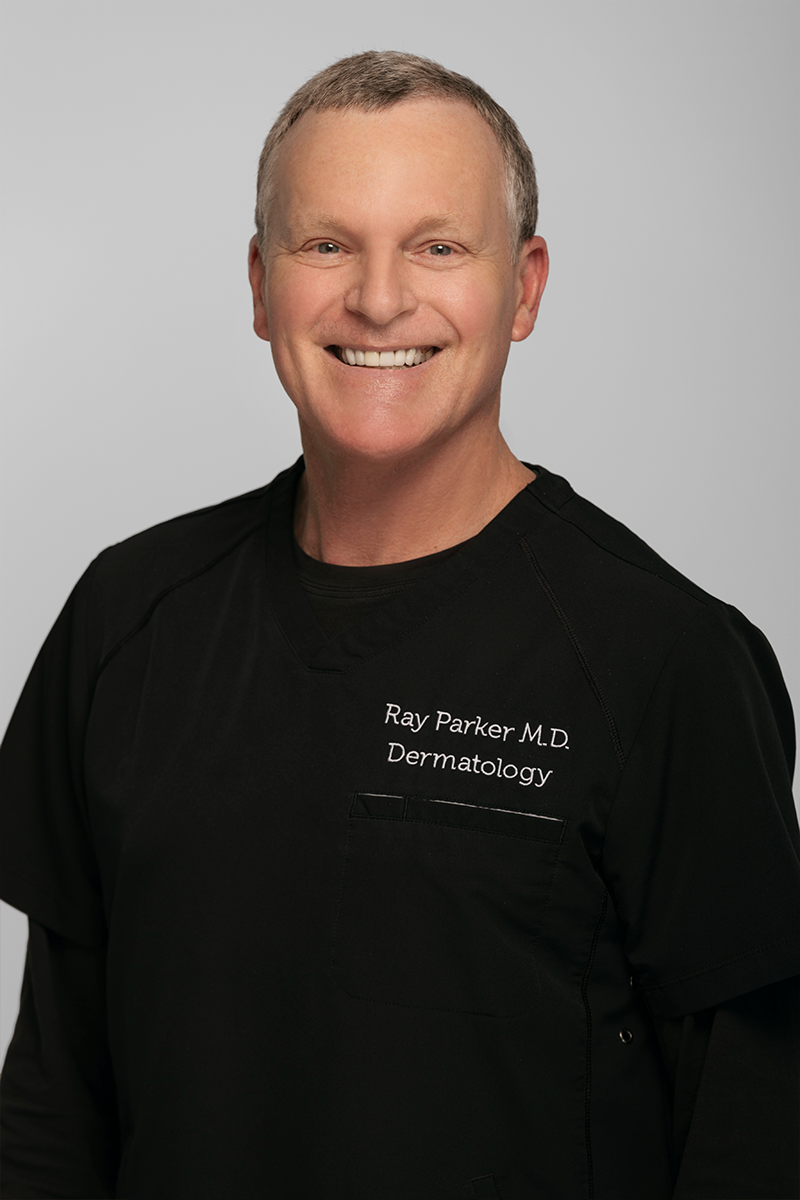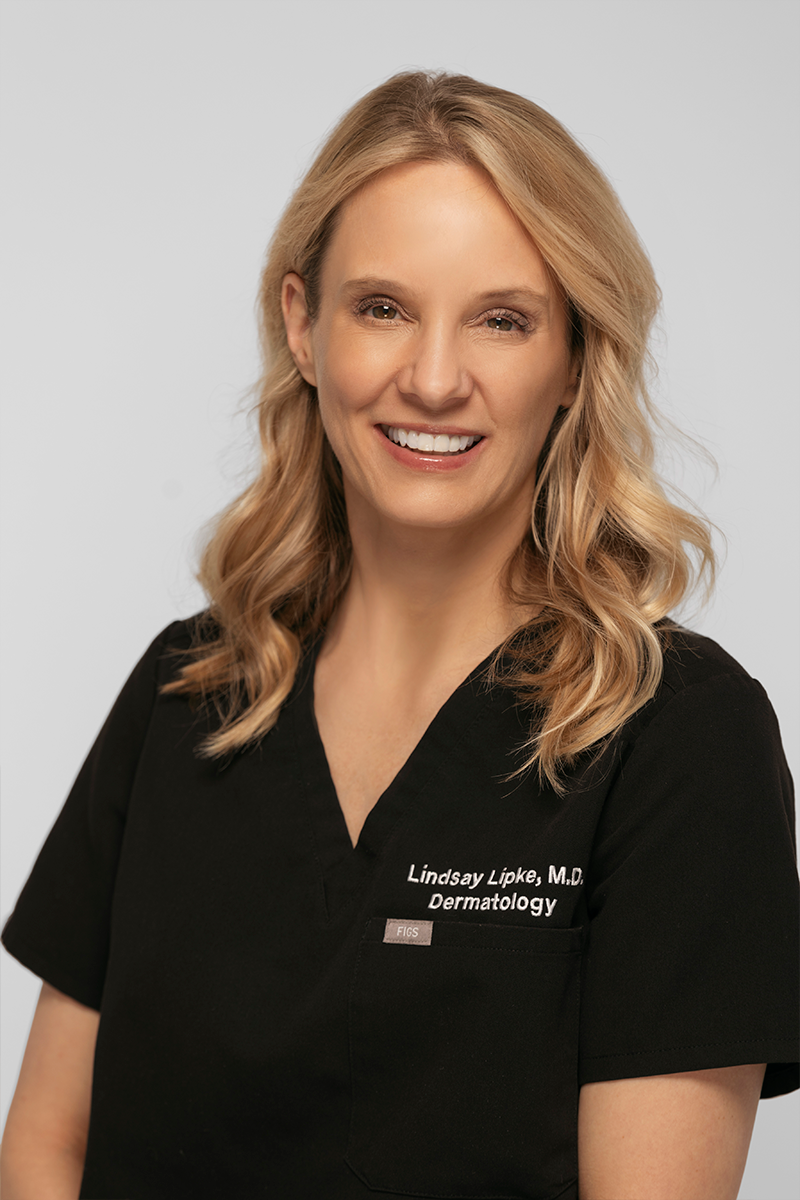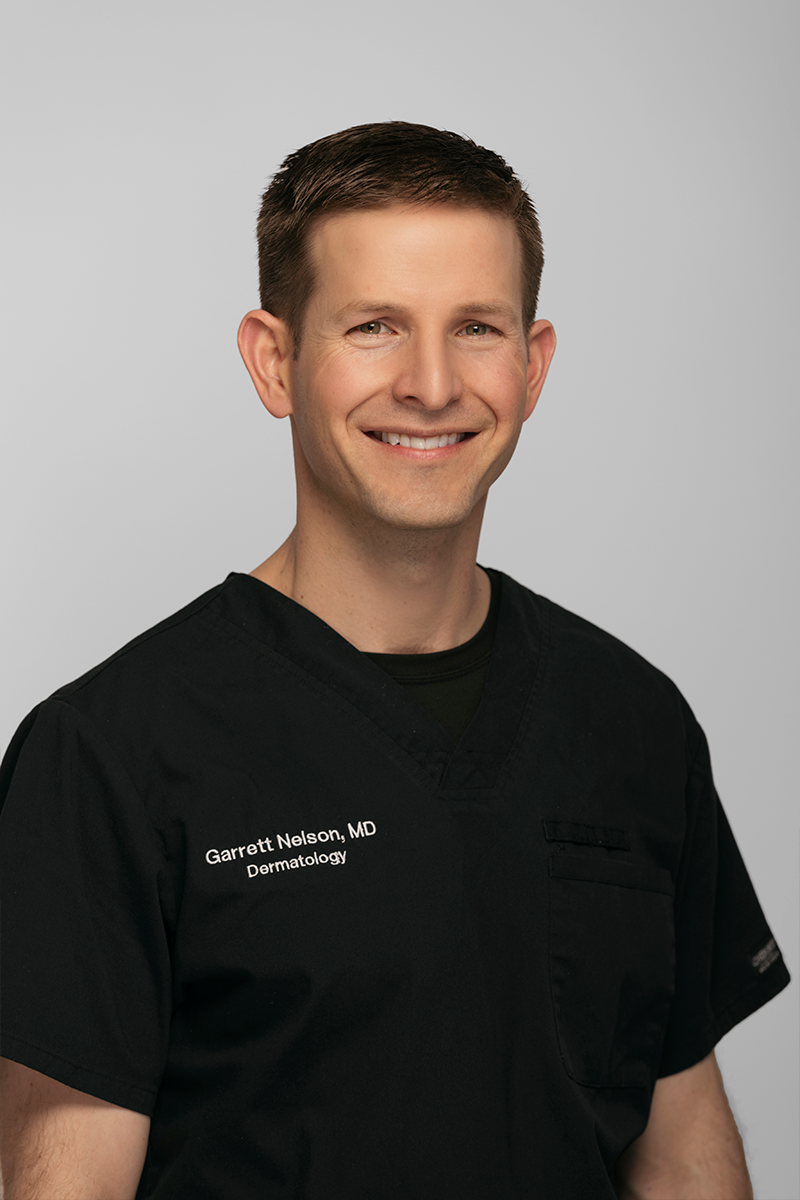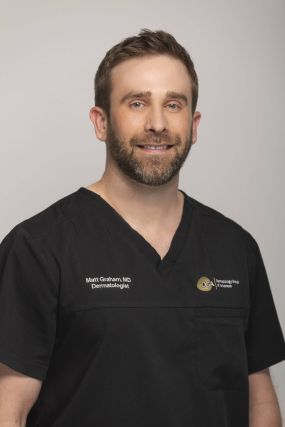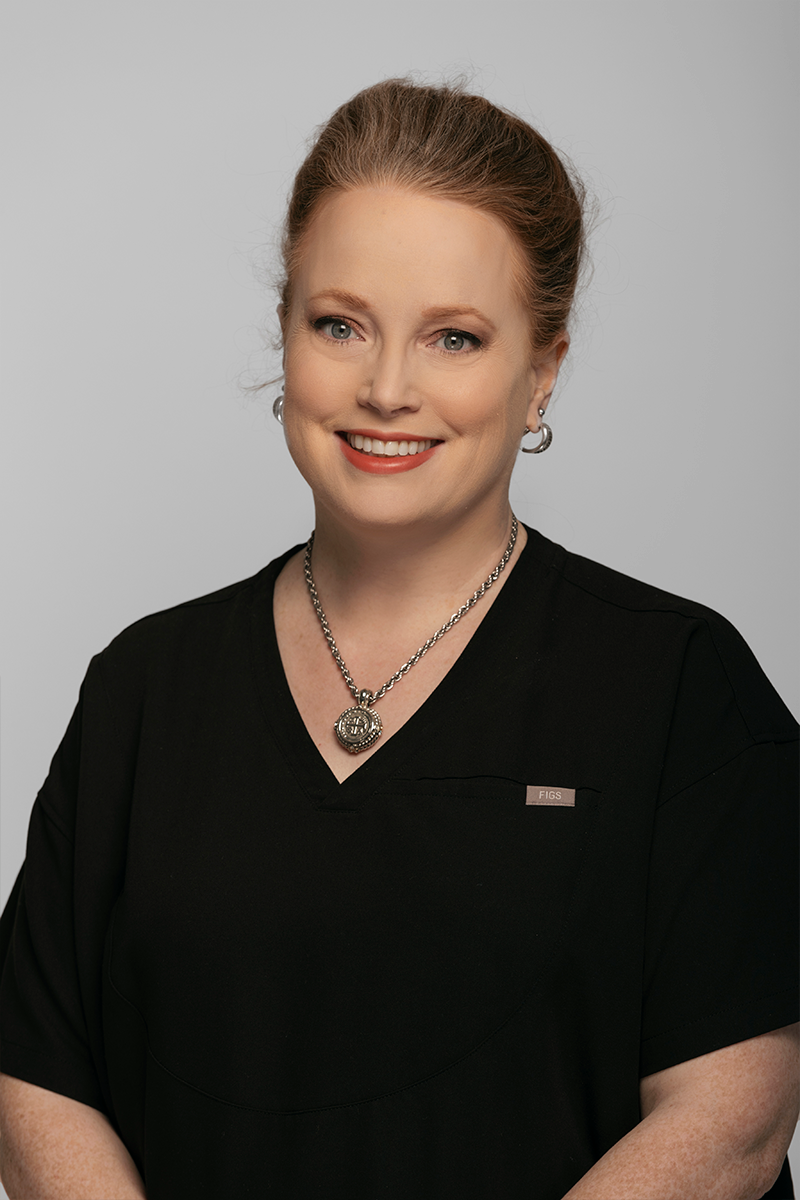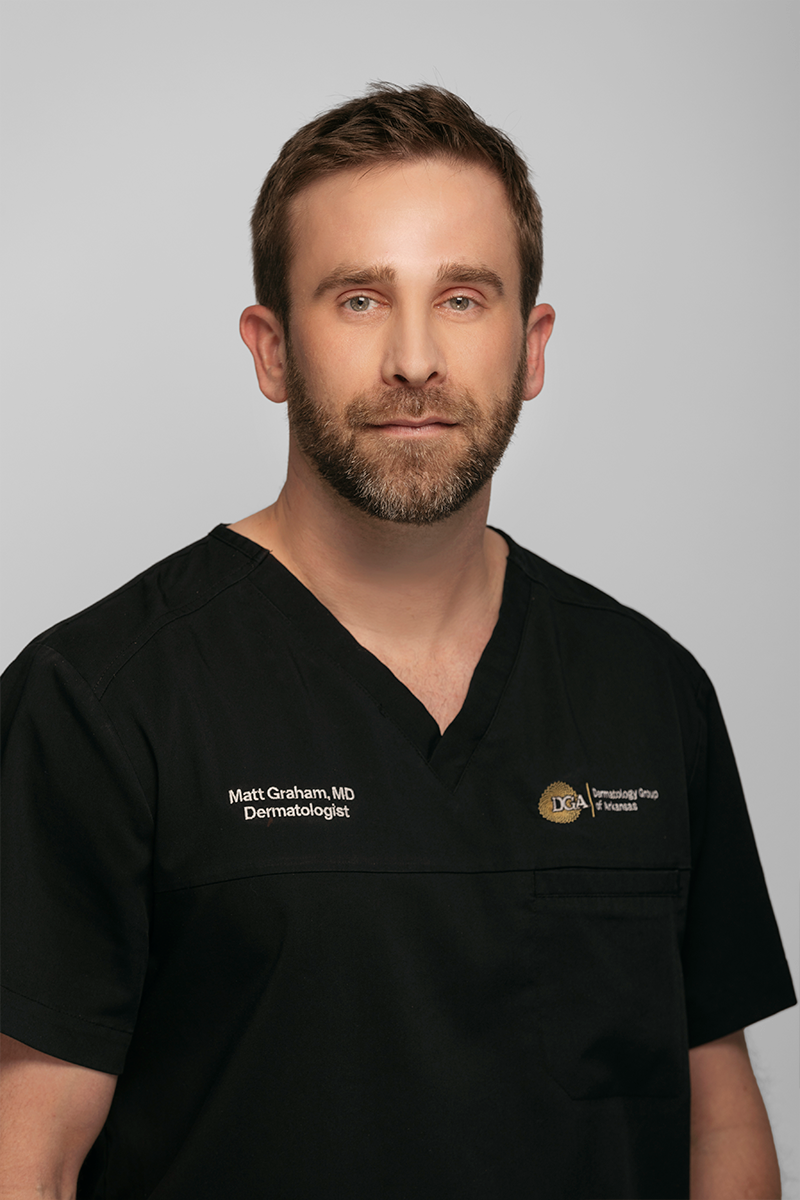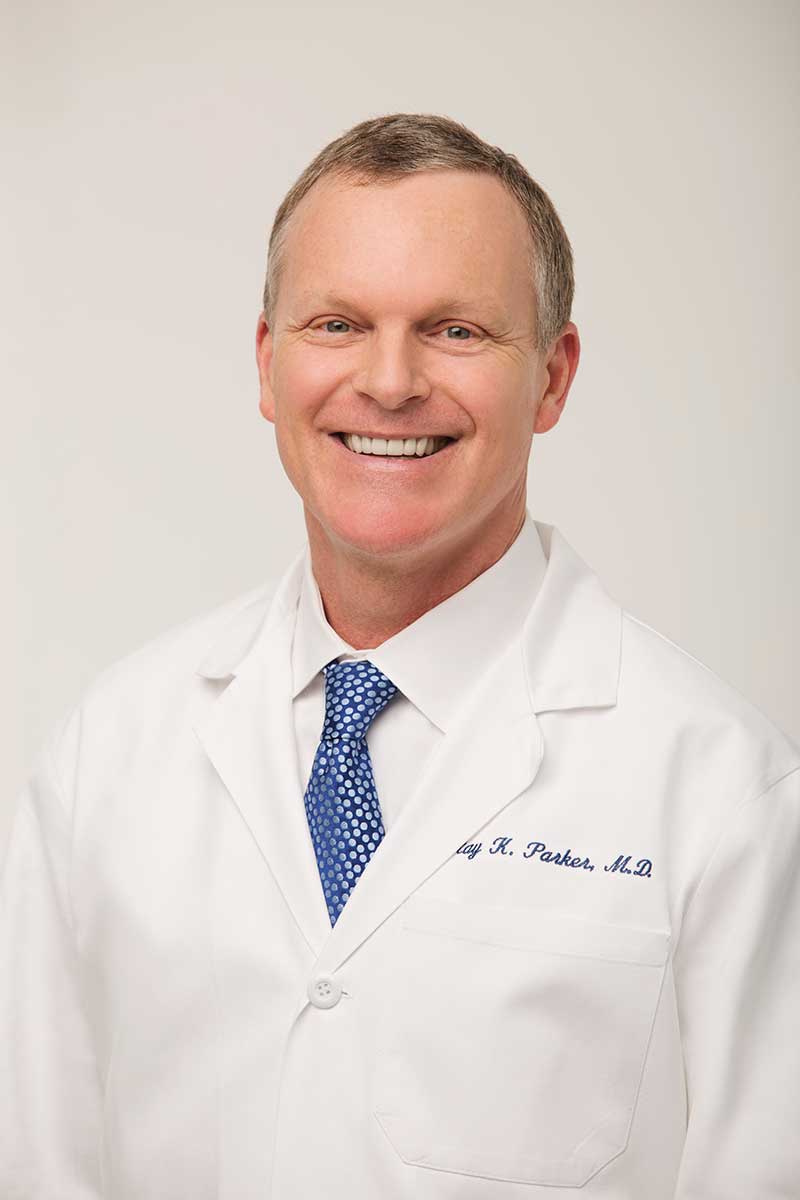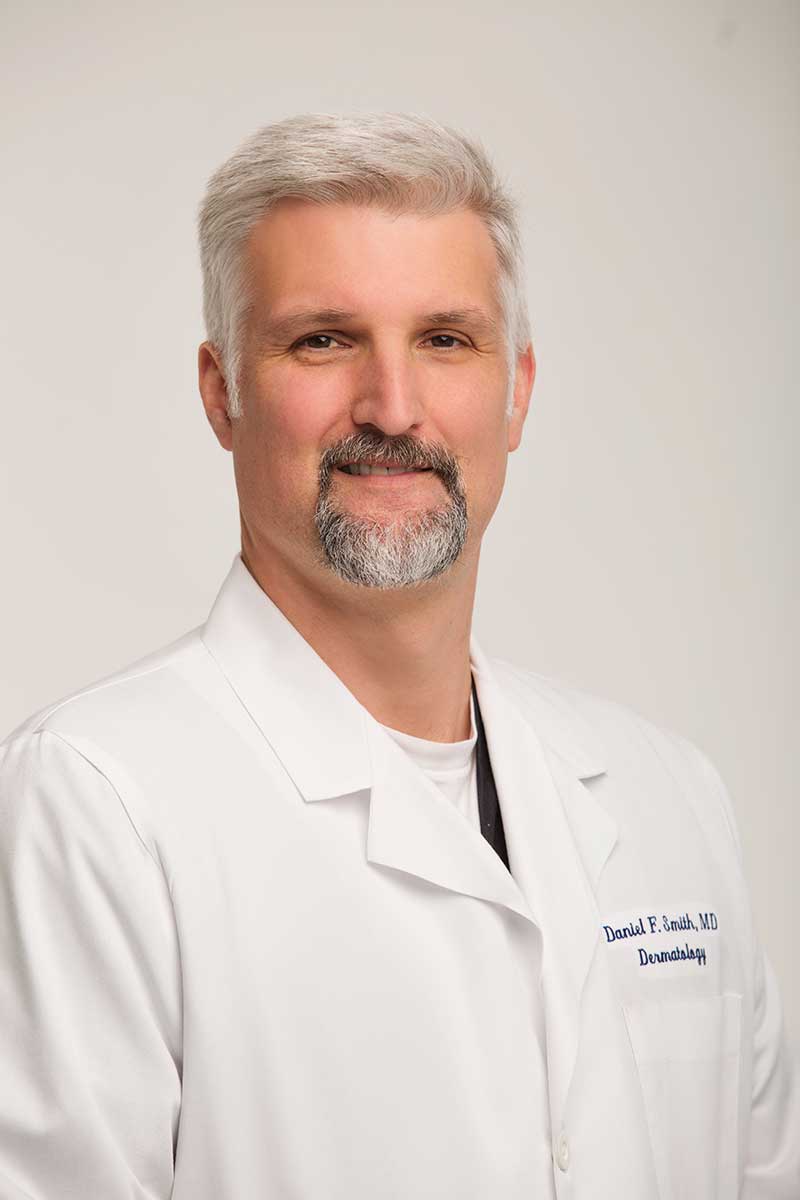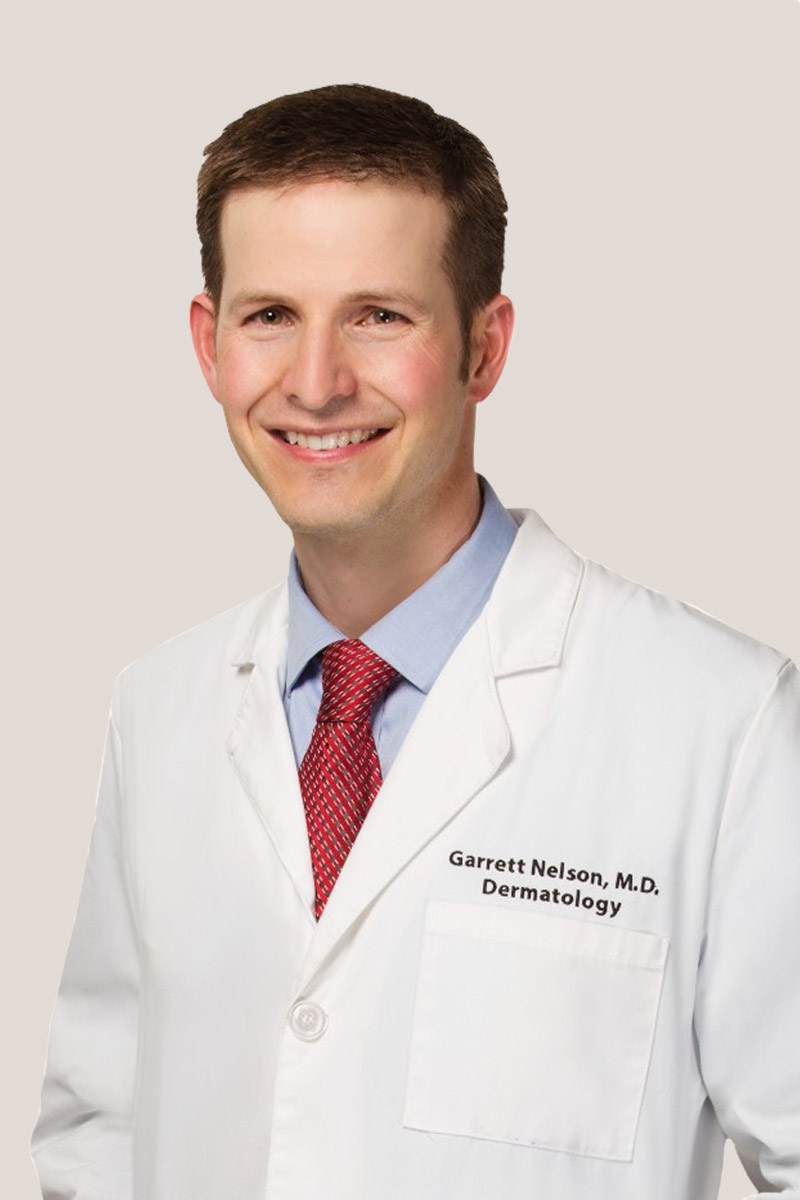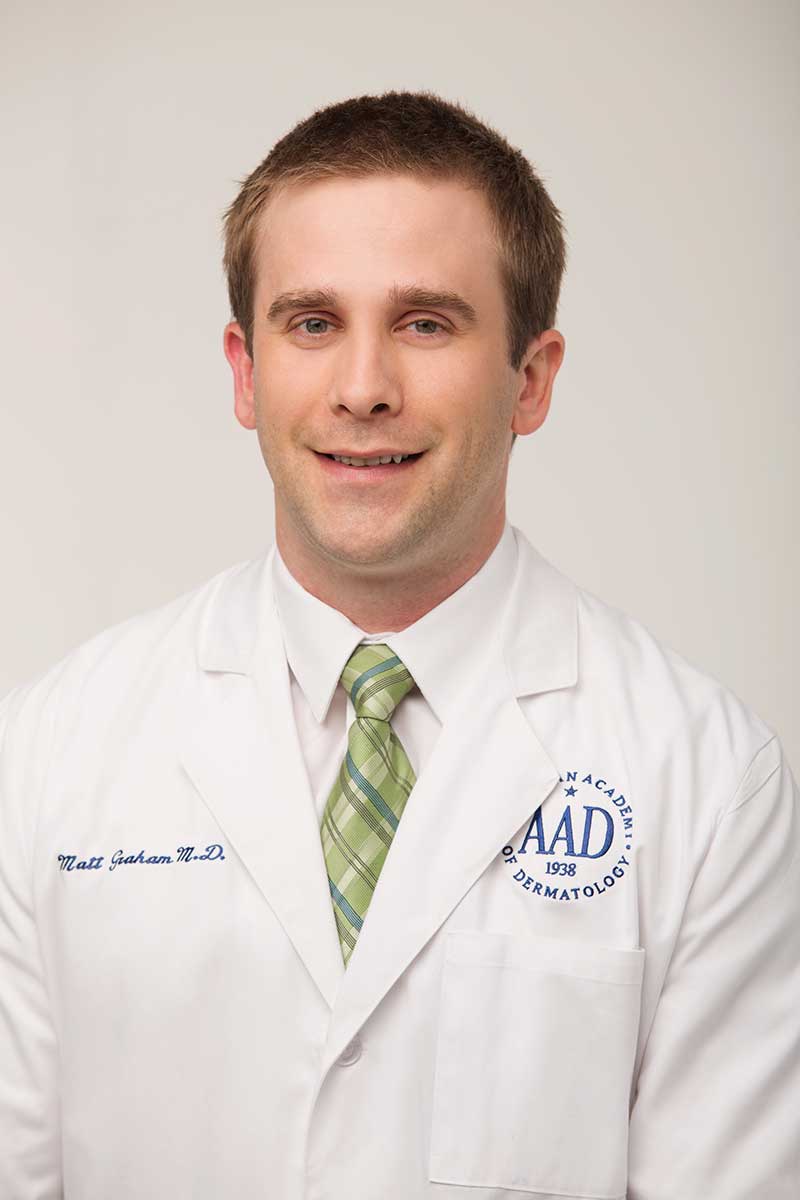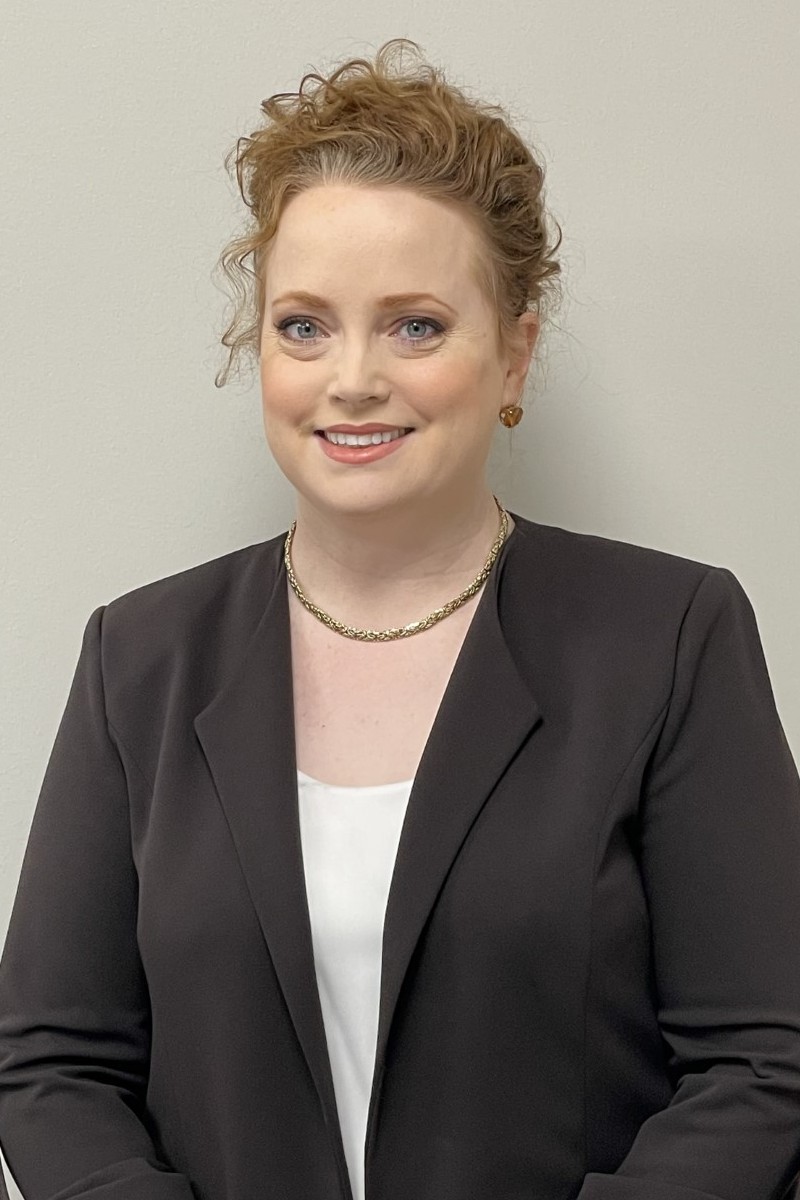Rosacea
Reduce Ongoing Redness and Other Symptoms of This Chronic Condition in the Little Rock Area, Central Arkansas, and Beyond
Rosacea is a medical condition often misdiagnosed for facial acne. Though the chronic disease can result in the development of tiny bumps and other symptoms, it is primarily known for causing redness that comes and goes on the central part of the face. For patients who suffer from rosacea, the Little Rock area’s Dermatology Group of Arkansas knows that this constant flushing can be distracting,
embarrassing, and damaging to quality of life.
It is important to get a proper diagnosis before beginning treatment for rosacea. Patients should also understand that rosacea has no cure, but that there are many options for managing the symptoms and reducing the chance of future flare-ups. Our experienced dermatologists offer medical, cosmetic, and corrective skin care for this condition that impacts an estimated 16 million people in the United States—and around 415 million people around the globe.
Contact Us Today
Schedule your consultation for rosacea for Little Rock, all of Central Arkansas, and beyond today. Call the Dermatology Group of Arkansas at 501-227-8422.

What Is Rosacea?
Rosacea is a typically lifelong skin condition that primarily affects the facial skin. This chronic, inflammatory condition causes ongoing facial flushing and other symptoms. Like psoriasis, eczema, and other chronic skin conditions, medical science has not yet discovered the underlying cause of rosacea.
While doctors may not know why it starts, they do know what to look for to make a diagnosis. There are also many options available for managing symptoms to make life with the condition easier to deal with.
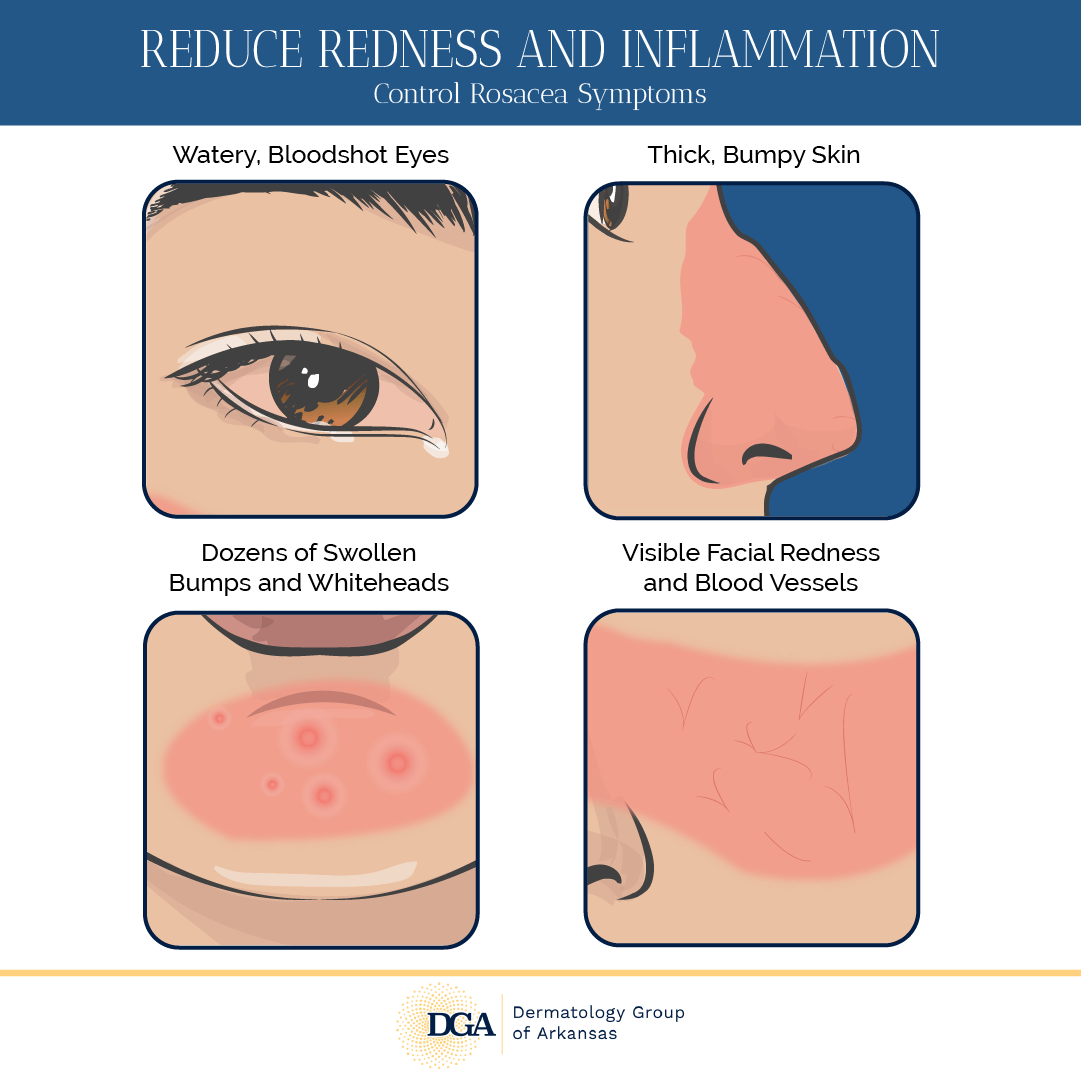
There are many symptoms associated with rosacea. The Little Rock area’s Dermatology Group of Arkansas routinely works with patients who deal not just with chronic redness, but also the development of telangiectasias (visible blood vessels) and acne-like pustules. Treatments are available to help manage this condition by collapsing spider veins and clearing the bumps.
What Are the Symptoms of Rosacea?
The most common symptom for sufferers is persistent facial redness resembling a constant blush or even a sunburn that doesn’t fade within a few days. The redness may ultimately fade on its own, then return again at another time. Many patients report that they also feel heat in the areas that redden due to their condition.
Rosacea can also cause thin blood vessels to become visible beneath the skin. Known as spider veins, these fine lines of color typically develop on the nose, cheeks, and the general central face area.
Patients also frequently notice that rosacea causes small, pimple-like bumps to develop. Although these red or pus-filled bumps share similarities with the signs of acne, they have a different cause and can be accompanied by a stinging or burning sensation.
The skin redness and irritation can also extend to the eyes, which can appear watery and bloodshot. The condition may cause swelling and discomfort. It can also cause sties to form, crusts or scales to develop on the eyelids, and other eye-related problems.
Over time, some rosacea patients—especially men—may notice that the skin on their face begins to thicken, particularly on the nose. This is known as rhinophyma, and it can potentially hamper proper airflow in the nose if left untreated. The symptoms of this condition can flare up for several weeks or months before going away for some time.
What Are the Causes and Risk Factors for Rosacea?
Researchers believe that the condition may be linked to a combination of genetic and environmental factors, along with a person’s unique lifestyle habits. Scientists have learned that there are several factors that may be linked to the condition, including abnormalities or inflammation in blood vessels of the face, a skin mite known as Demodex folliculorum, a bacterium called Helicobacter pylori, an immune system overreaction, and genetic components.
It is believed that there may be inherited genes for this condition, since many people who have the condition have a close relative who also has rosacea. Those who are most at risk for this common condition include people—especially women—who are over the age of 30, have fair skin, have the tendency to blush or flush easily, have relatives who have rosacea, and have skin that burns easily in the sun. Smokers are also more susceptible to developing rosacea.
Meet Your Doctors
Meet Your Doctors
Meet Your Doctors
What Are the Triggers for Rosacea?
Rosacea-related changes to the appearance of the skin are believed to be linked to inflammation and vascular conditions. Inflammatory redness, along with dilation of the small blood vessels that are close to the surface of the skin, combine to create the telltale flushed appearance. That means anything that encourages blood flow in the face can start a flare-up.
People with rosacea tend to have personal, but common triggers. Certain foods and beverages can increase the risk of flare-ups and make them worse. These include hot drinks, caffeine, dairy products, alcohol, and spicy foods. The Dermatology Group of Arkansas team works closely with patients to identify potential triggers for flare-ups. Becoming overheated, exposure to sunlight, having cold wind blowing on your face, smoking (or exposure to second-hand smoke), stress, and exertion are other known factors that can trigger facial flushing. If you know that something is a trigger, try to avoid it as much as you can.
It’s possible that you may be sensitive to some of these triggers, but not all of them. Also, some people’s triggers will change over time.
How Does the Dermatology Group of Arkansas Team Diagnose Rosacea?
By getting an early diagnosis and treatment, patients can significantly reduce the risk of rosacea progressing. Our dermatologists diagnose rosacea by examining the skin and eyes if they suspect a patient has this condition, all while asking questions about symptoms and potential triggers. No clinical tests will be required to test for rosacea, but your dermatologist may want to rule out whether you have another medical condition that looks similar to rosacea, such as lupus or psoriasis. You may need a medical test for that.
What Treatments Are Available for Rosacea in the Little Rock Area?
Rosacea may become worse if it isn’t treated. Although it isn’t yet possible to cure the problem, you can reduce signs of it on the skin, provide relief from the discomfort, and stop it from becoming worse. It’s important that you find your triggers so that you can reduce flare-ups.
Treatments for this condition are designed to control signs and symptoms such as redness, inflammation, and skin eruptions. The treatment options depend on the severity of your condition. The go-to approach for taming rosacea symptoms involves topical and oral medications designed to reduce symptoms. Antibiotics, creams, and gels may help to control the rash. At Dermatology Group of Arkansas, we offer skin care regimens as treatments. We also use lasers to treat excessive redness and enlarged capillaries, since the light energy can target the pigment in red blood cells, breaking up visible vessels and leading to a clearer tone.
There are several strategies patients can employ to cope with the symptoms of this condition along with adopting good skincare practices. Wear a sunscreen with an SPF of at least 30 every day; avoid exposure to heat, sunlight, or humidity; cover your face when exposed to cold weather; apply gentle skincare products such as very mild skin cleansers, oil-free cosmetics, and moisturizers; and find ways to manage stress. Be patient, because it can take up to a few months before you notice results from treatments.
Treatments for Other Skin Conditions
The Dermatology Group of Arkansas provides diagnosis and treatments for more dermatology conditions, including skin cancer, psoriasis, eczema, actinic keratosis, and moles, as well as a multitude of other skin issues.
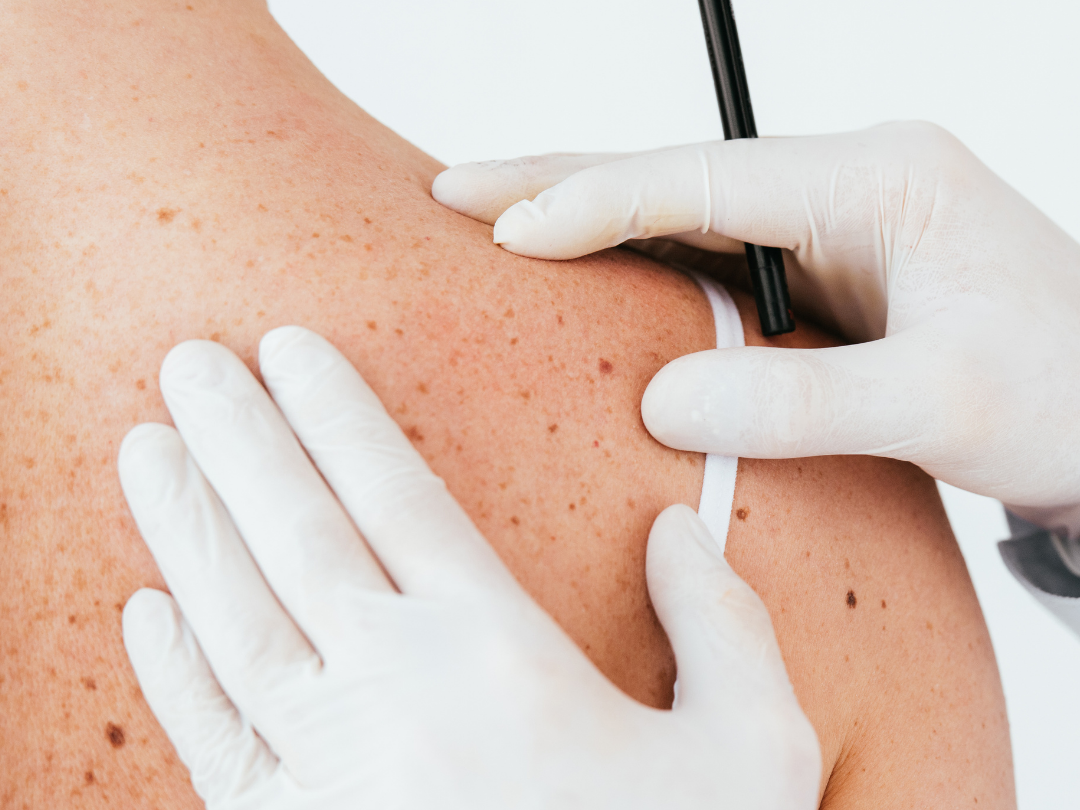
Contact Us Today
Contact the Dermatology Group of Arkansas today for rosacea in the Little Rock area. Call 501-227-8422.
Stay In Touch
Our team at Dermatology Group of Arkansas is looking forward to hearing from you and building a relationship to help you get your best skin possible. Follow us online, reach out to us directly to set up a meeting, or both!

